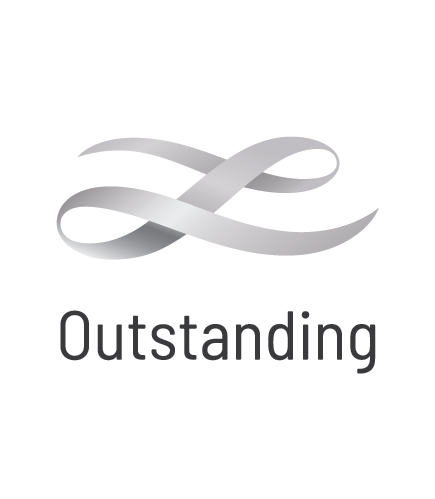Clos du Marquis
Hardys Thomas Hardy Cabernet Sauvignon
This brilliant wine is made in honour of Hardy's founding father, Thomas Hardy. He arrived in the Barossa in 1850 and since then, Hardy's have strived to produce wines of the highest quality. This represents the pinnacle of their winemaking and viticulture. a truly spectacular wine of power and finesse.
Wendouree Cabernet Sauvignon
Dark garnet in colour with pronounced dark fruits, mint and oak on the nose. Another classic from the winery that showcase the regions true character. Full bodied mouth-fill with similar quality from the nose, a hint of metallic aftertaste on the palate. Gracefully lengthy finish.
Leeuwin Estate Art Series Chardonnay
Is this Australia's best Chardonnay? If not then it shares the rarified air reserved for only the finest examples. Rich yet restrained, with mineral notes, cashew and almond meal, amazing fruit complexity and wonderful length...why not try the benchmark?
Taylors The Visionary Cabernet Sauvignon
This Cabernet Sauvignon gives pronounced flavours of chocolate, red berries and black cherry skins with echoes of light tobacco and bramble on the finish.
LES PAGODES DE COS Second wine of Chateau Cos d'Estournel
Umamu Estate Sauvignon Blanc Semillon
Umamu Estate only releases their wines when theyve had time to develop in the bottle and this Sauvignon Blanc Semillon is drinking beautifully now. In the glass: Beautifully vibrant bright lemon with a still-youthful green tint. On the nose: Lifted mix of toast and honey development. On the palate: Rich and beautifully developed with a lovely warm core of buttered toast, preserved lemon and lemon curd in a terrifically textured, layered and complex wine. So remarkably fresh and complex.
St Hugo Vetus Purum Cabernet Sauvignon
The nose is intense and multi-faceted. Notes of blackcurrant and cedar are interwoven into a sophisticated expression that constantly intrigues. Harmony and balance are immediately apparent in this elegant, medium to full-bodied wine. The palate is assertive yet refined, with concentrated flavours of blackcurrant, berry and olive supported by subtle cedar spice from the oak. This is a premium Cabernet Sauvignon reflecting the unique terroir and pristine environment of the Coonawarra.



































